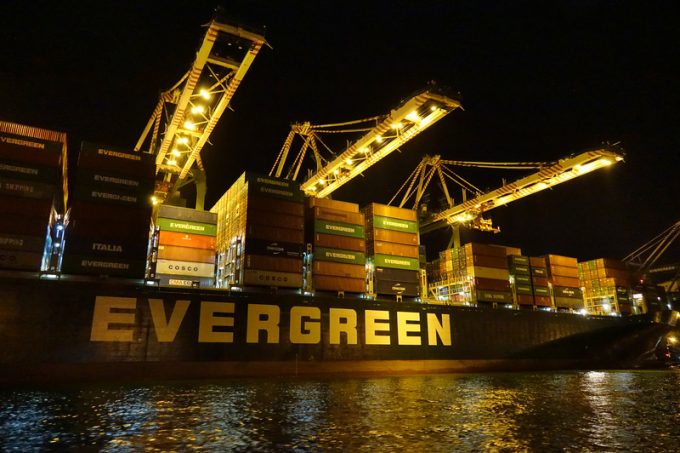CMA CGM 'testing the water' of the Suez Canal for more services
CMA CGM is again “testing the water” in the Suez Canal, which could prompt other ...

Evergreen general manager Wu Kuang-hui said this week that container shipping would continue to feel the impact of the Red Sea crisis and the drought-afflicted Panama Canal for at least a few more months.
He said: “Supply-demand dynamics and vessel arrivals have been distorted ...

Comment on this article